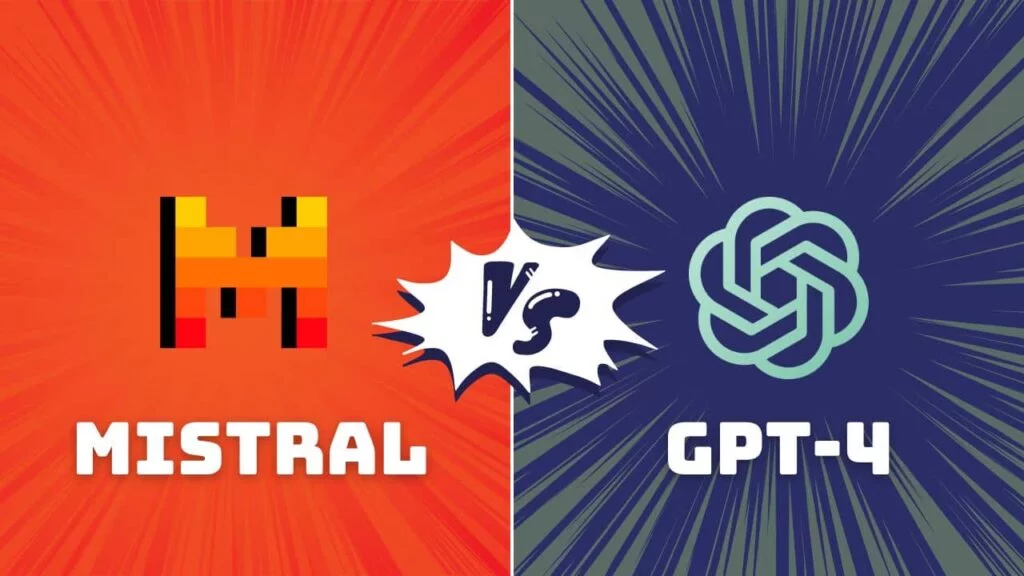In an innovative turn of events, Le Chat Mistral has introduced a complimentary chatbot in opposition to OpenAI’s ChatGPT.

As Mistral’s Artificial Intelligence (AI) chatbot, Le Chat Mistral, is introduced, individuals may find it increasingly difficult to select from the vast AI models currently available.
Le Chat Mistral And Microsoft’s Partnership
A partnership between Mistral, a French startup operating for ten months, and technology giant Microsoft was formed to increase Mistral’s competitiveness vis-à-vis industry titans such as Sam Altman’s OpenAI and Anthropic. Mistral AI was granted access to Microsoft’s Azure cloud platform through the partnership, as the latter also hosts its model on the service.
The collaboration’s principal objective is to conduct research with a specific emphasis on developing customer-specific models for clients in Europe.
Following the formation of this strategic alliance, Mistral introduced a Large Language Model (LLM) that exhibits a striking resemblance to OpenAI.
It possesses a straightforward question-and-answer interface and can translate and comprehend three distinct languages. This is the result of the existence of three distinct LLMs, or data repositories that facilitate conversational responses from chatbots.
Mistral Large is among the three LLMs, and the firm has verified that it is the most superior. The organization possesses grounds to suspect that Mistral Large is second only to the most recent iteration of GPT-4 from ChatGPT, specifically about its capacity for reasoning.
Mistral claims that this chatbot is capable of comprehending inquiries comprising a maximum of 20,000 English words. Although this capacity is approximately four times that of GPT-4 Turbo, it is important to note that Le Chat Mistral is provided at no cost. In stark contrast, OpenAI’s GPT-4 incurs a monthly cost of $20 or more.
The AI chatbot’s design resembles ChatGPT’s, which is not wholly unexpected, given that Mistral has attempted to challenge OpenAI with a novel strategy.
Initially, the startup led by Arthur Mensch devised the plan to open-source its Mistral Small model. Over time, the company introduced additional models featuring licensing systems similar to OpenAI.
However, in recent times, OpenAI’s products have faced threats to their very existence from other AI tools besides Mistral’s Le Chat. A few days ago, Google introduced Genie, an artificial intelligence designed to generate video games.
As its name implies, Genie can generate playable virtual environments from a solitary image. This exemplifies how major technology companies are capitalizing on the AI revolution to promote additional products to consumers.
